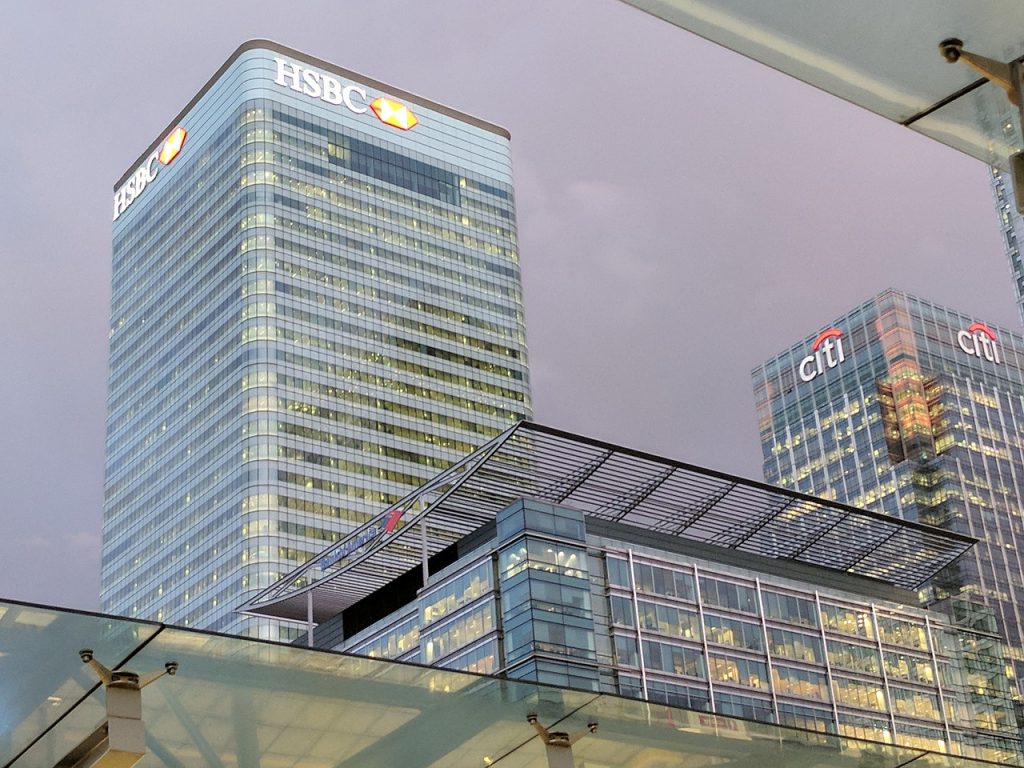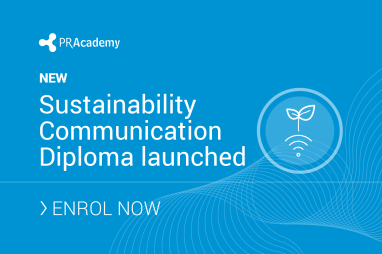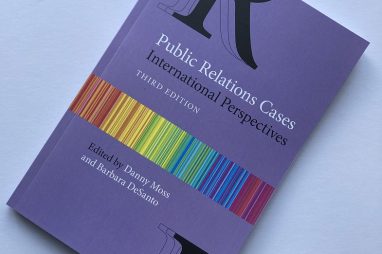The ABC of ESG
As a concept ESG is less than 20 years old but it can be seen as perhaps having its roots in “stakeholder capitalism”.
One of the desired outcomes of all this standardisation of reporting is to end “greenwashing”, or making misleading environmental claims about a product, service or organisation to give the impression they are better for the environment or less harmful to the environment than they really are.




